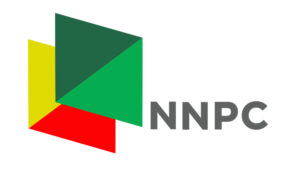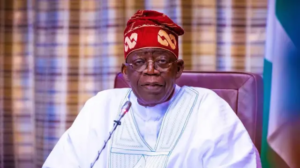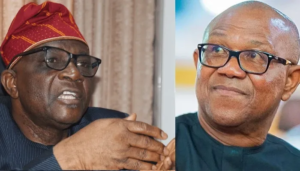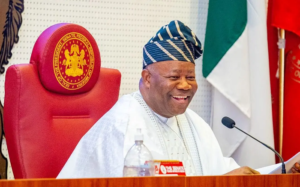
In a recent update, the World Bank disclosed that a mere 0.1% of the designated low-income households have been recipients of the Federal Government’s pledged N25,000 monthly cash assistance.
The data, shared by Alex Sienaert, the Lead Economist for Nigeria at the World Bank, was presented during the Nigeria Development Update in Abuja last week, as reported by The Times.
The Federal Government, spearheaded by President Bola Tinubu, initiated the Conditional Cash Transfer Program on October 17, 2023, with a substantial funding injection of $800 million from the World Bank.
Designed to extend financial aid to 15 million Nigerian households falling below the N75,000 monthly income threshold and categorized as poor, near-poor, or vulnerable, the program aimed to provide a monthly stipend of N25,000 for three consecutive months.
Despite the earnest intentions behind the program, the current statistics underscore a stark reality: a significant 99.9% of the targeted households are yet to experience the envisaged monthly cash transfers, highlighting the challenges faced in executing the initiative amidst the prevalent extreme poverty in the country.
Nigeria’s poor and vulnerable have been disproportionately affected by the removal of fuel subsidies and other recent policies, despite the fact that they would substantially gain from a monthly cash transfer system that the Federal Government intends to fund with the World Bank loan.
Less than 1% of the poor and vulnerable individuals may not be eligible for the Federal Government’s cash distribution program, according to information previously released by the World Bank,.
Twenty percent of people possessing a valid national ID number from the National Identity Management Commission (NIMC) were supposed to be registered in the National Social Registry by June 30, 2022.
But as of December 31, 2022, just 0.10 percent of Nigerians listed as completely impoverished and vulnerable possessed a NIN.
This indicates that roughly only 9,670 of the 9.67 million (9,666,420) project beneficiaries are NIN holders.
In his presentation, the World Bank Lead Economist for Nigeria emphasized the part that NIN plays in the cash distribution program.
“To increase the use and coverage of the national identity number, beneficiaries will be encouraged to enrol for the NIN during the verification process.”
Therefore, it should come as no surprise that the Central Bank of Nigeria recently declared that, as of April 2024, all bank accounts that do not have a BVN and NIN will be set to “Post no Debit.”
Additionally, the apex bank declared that every BVN or NIN linked to and/or connected to accounts or wallets must be electronically revalidated by January 31, 2024.
The CBN claimed that this action is an effort to support national financial stability.






Be First to Comment